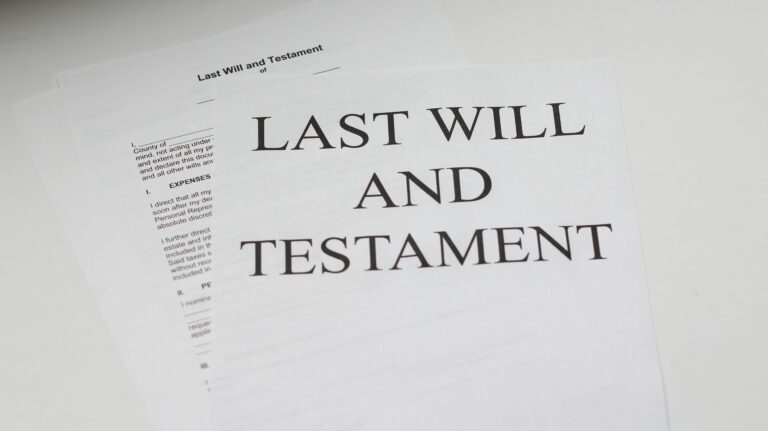
Top 10 Success Tips for Estate Planning
Unless you’ve done the planning, assets may not be distributed according to your wishes and loved ones may not be taken care of after your death. These are just two reasons to make sure you have an estate plan, according to the recent article titled “Estate Planning 101: 10 Tips for Success” from the Maryland Reporter.
Create a list of your assets. This should include all of your property, real estate, liquid assets, investments and personal possessions. With this list, consider what you would like to happen to each item after your death. If you have many assets, this process will take longer—consider this a good thing. Don’t neglect digital assets. The goal of a careful detailed list is to avoid any room for interpretation—or misinterpretation—by the courts or by heirs.
Meet with an estate planning attorney to create wills and trusts. These documents dictate how your assets are distributed after your death. Without them, the laws of your state may be used to distribute assets. You also need a will to name an executor, the person responsible for carrying out your instructions.
Your will is also used to name a guardian, the person who will raise your children if they are orphaned minors.
Who is the named beneficiary on your life insurance policy? This is the person who will receive the death benefit from your policy upon your death. Will this person be the guardian of your minor children? Do you prefer to have the proceeds from the policy used to fund a trust for the benefit of your children? These are important decisions to be made and memorialized in your estate plan.
Make your wishes crystal clear. Legal documents are often challenged if they are not prepared by an experienced estate planning attorney or if they are vaguely worded. You want to be sure there are no ambiguities in your will or trust documents. Consider the use of “if, then” statements. For example, “If my husband predeceases me, then I leave my house to my children.”
Consider creating a letter of intent or instruction to supplement your will and trusts. Use this document to give more detailed information about your wishes, from funeral arrangements to who you want to receive a specific item. Note this document is not legally binding, but it may avoid confusion and can be used to support the instructions in your will.
Trusts may be more important than you think in estate planning. Trusts allow you to take assets out of your probate estate and have these assets managed by a trustee of your choice, who distributes assets directly to beneficiaries. You don’t have to have millions to benefit from a trust.
List your debts. This is not as much fun as listing assets, but still important for your executor and heirs. Mortgage payments, car payments, credit cards and personal loans are to be paid first out of estate accounts before funds can be distributed to heirs. Having this information will make your executor’s tasks easier.
Plan for digital assets. If you want your social media accounts to be deleted or emails available to a designated person after you die, you’ll need to start with a list of the accounts, usernames, passwords, whether the platform allows you to designate another person to have access to your accounts and how you want your digital assets handled after death. This plan should be in place in case of incapacity as well.
How will estate taxes be paid? Without tax planning properly done, your legacy could shrink considerably. In addition to federal estate taxes, some states have state estate taxes and inheritance taxes. Talk with your estate planning attorney to find out what your estate tax obligations will be and how to plan strategically to pay the taxes.
Plan for Long Term Care. The Department of Health and Human Services estimates that about 70% of Americans will need some type of long-term care during their lifetimes. Some options are private LTC insurance, government programs and self-funding.
The more planning done in advance, the more likely your loved ones will know what to do if you become incapacitated and know what you wanted when you die.
Resource: Maryland Reporter (Sep. 27, 2022) “Estate Planning 101: 10 Tips for Success”









